For most physicians, emotions run high in the face of a medical malpractice lawsuit. Which emotions predominate may vary depending on the circumstances and the individual’s temperament, but some blend of intense feelings usually arises in response to such a disruptive event. That is entirely normal. And yet, all that emotion can make physicians or other healers very uncomfortable.
Unchecked, emotional intensity can hamper a defendant’s ability to navigate the lawsuit well. However, pretending that those intense emotions don’t exist -- chronically stuffing them, so to speak -- is fatiguing and detrimental to our health, and can also hinder our effectiveness in the lawsuit, not to mention our joy in life. How we negotiate these turbulent emotional waters is key to our success, and more important, to our long-term well-being.
What is a doc to do?
The answers are not always easy, but there are many useful ways to navigate the intense emotions of litigation. Today, I want to get you started by offering you insights gleaned from my own personal experience around managing the challenging emotions accompanying a lawsuit.
EMOTION AND THE PRACTICE OF MEDICINE
Not surprisingly, most of the emotions that accompany litigation might best be described as part of the “negative” end of the emotional spectrum. We don’t hear too much from physicians about joy in litigation, do we? No, we don’t. Most say they feel wounded or filled with anger, fear, discouragement, sadness, shame, a feeling of guilt, grief.
I put quotation marks around the word “negative,” because I’ve learned that even “negative” emotions, in and of themselves, are neither bad nor good. All emotions are natural in some way -- like hunger or thirst, they just are -- and all have the potential to serve us, heal us, or teach us something. Difficult emotional states provided some sort of evolutionary advantage to our ancestors, and they are part of our repertoire for survival. They cannot serve us, though, if we spend all our time attempting to pretend they don’t exist.
The culture of medicine we’ve inherited often tells us that we should somehow set aside difficult emotions that arise in the course of our daily work. Many of us swallowed the expectation that we would move through patient deaths, the delivery of life-changing bad news, or the development of an unforeseen complication and just shake it off and move on. And, on many days in many specialties, the realities of patient care require us to attempt to do exactly that.
In certain clinical contexts, that capacity to just keep putting one foot in front of the other is very useful -- in the short-term. In the long run, however, many physicians and nurses (and I have definitely been among them) become a little too good at pushing emotion aside. Like all skills, the counter-balancing skill of knowing how to let the emotions back in simply languishes in the face of disuse. We forget how to recognize, name, experience, and move through various emotions, if we ever knew in the first place.
Over time, the expectation that we will control our emotions -- especially those related to our professional lives -- can become so woven into our being that we may begin to feel ashamed or afraid of even having strong feelings in relation to our professional lives, even in relation to an event as powerfully disruptive as a malpractice lawsuit. We may carry on, attempting to control or ignore all those emotions until they erupt in explosive anger, leave us feeling like they will drown us, or drive us down other paths which harm us.
Is there a better way? There is!
Let’s explore one first step to that better way.
IF YOU FEEL, YOU HEAL
For many years, I had a dear friend named Bob. Folks called him Big Bob, and big he was -- colorful, generous-hearted, full of zest and laughter well into his strikingly youthful nineties.
If you asked for the secret to his youth, he invariably said one thing: “If you feel, you heal.”
Just that. “If you feel, you heal.”
So much was this his mantra that at one point, he had it printed on business cards, which he distributed seemingly randomly to friends, strangers, baristas and sales clerks.
“If you feel, you heal.”
Toward the end of his life, I found myself in the midst of a life-changing experience with a difficult patient outcome and malpractice lawsuit. (Find that story HERE.) Especially in the midst of trial, I felt at times like all the painful emotion would simply crush me. The emotions were too big to navigate in my usual ways.
By the time my trial came along, Bob had died. Nonetheless, I started to say to myself, at the end of the long days in the courtroom, “Stacia, if you feel, you heal.” And as I did, I gave myself permission to simply feel the anger, the sadness, and the grief that the process gave rise to in me, trusting that somehow healing would follow.
While in the courtroom, I employed all the strategies of emotional self-management I use in the emergency department. I breathed deeply, I steeled myself against the stress, and I put one front in front of the other. When my temper felt strained, I held my tongue, dug deep, centered myself, and cleared my mind.
At home, though, I willed myself to let my hair down.
What did that look like? Journaling. Praying. Walking mile upon mile. Tears, though not as many as you might think. Turns out I’d gotten very skilled at not shedding them, so they weren’t as readily available to me as might have been helpful.
As it turns out, just stopping, thinking, and above all, feeling the fear, the sadness, the anger, and the grief helped to alleviate the sense that these emotions might crush me. It was the act of not making room for them that was crushing me. Letting them breathe helped.
Some time later, I learned of research which reminded me of that experience. It may surprise you -- as it did me -- to learn that European researchers found that those who experience a greater diversity of emotions, including “negative” ones, are overall happier and healthier than those who dwell only in limited parts of the emotional spectrum. In other words, it can benefit us at every level to break habits that limit the variety we experience in emotional life.
One religious tradition teaches, “The truth shall set you free.” Apparently, that goes for the truth of our emotions, too.



